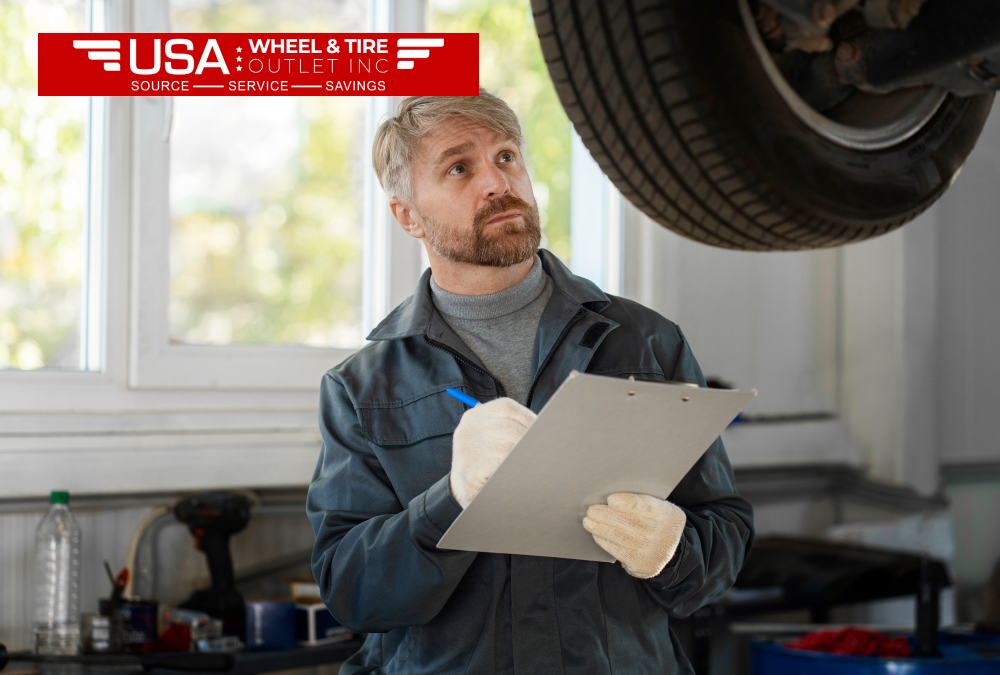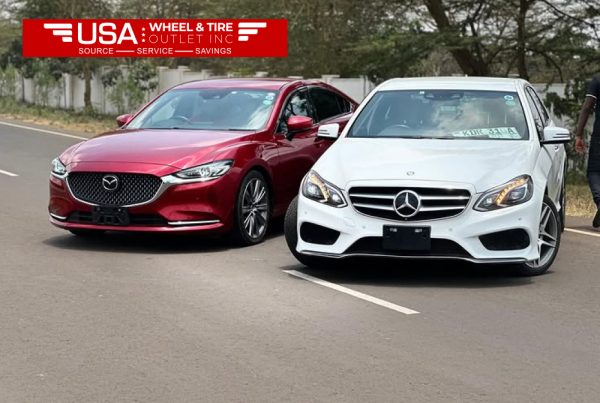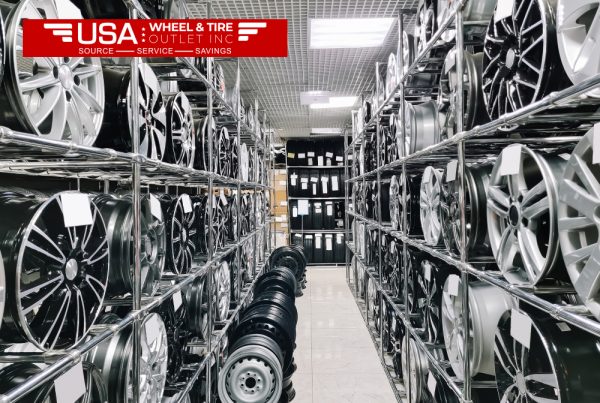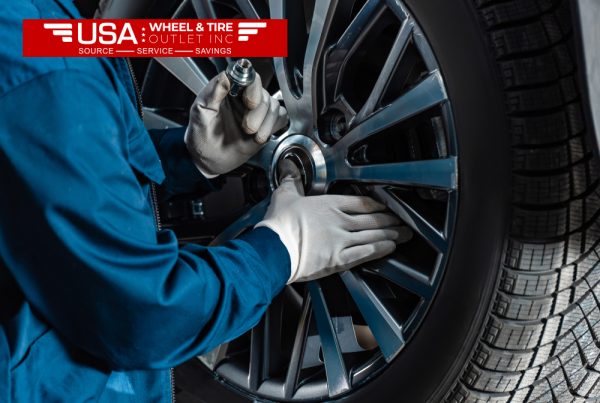Selecting the best wheel for the trailer you are using is vital for safety while towing, best performance, and greater tire life. From choosing the right size tire to understanding the specifications, this guide equips those who own trailers with the information they need to make informed choices and maximize the performance of their wheels.
Why Trailer Wheel Selection Matters
Wheels for trailers experience unique strains in comparison to normal wheels for vehicles. They can handle heavy loads, require special care, as well as being exposed to different road conditions. When properly selected the trailer wheels offer greater handling, enhanced security, and last longer.
Understanding Trailer Wheel Specifications
The characteristics of trailer wheels are specific to them that affect handling, performance and compatibility. The following are the things to think about:
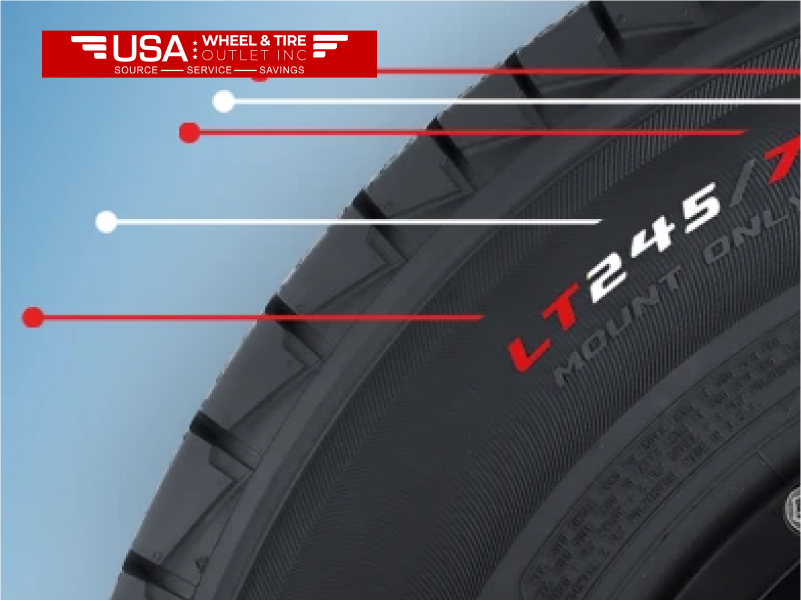
1. Wheel Diameter and Width
Diameter The wheel’s diameter is crucial for tires that are compatible. Trailer wheels are available in several sizes, such as 12-inch, 15-inch and 17-inch models. The larger wheels typically boost their stability, and they are perfect for long-distance and highway towing.
Width Wheel width can affect the fit of tires and road handling.
2. Load Rating
Wheels on trailers have load ratings to show the amount of capacity of the weight they can carry. In excess of this limit, it could result in premature wear and wheel failure. Make sure you choose wheels with loads that are greater than your trailer’s gross weight ratings (GVWR).
3. Material choice
Aluminums or steel wheels of the trailers are usually characterized by advantages as well as disadvantages.
Steel Wheels: these are strong economical, reliable, and long-lasting. They are good for heavy loads though vulnerable to corrosion.
Aluminum wheels: They have a lightweight with resistance to corrosion they are suitable for lighter trailers and boats, due to harsh weather conditions wear off easily. They usually feature a polished appearance and add to the aesthetics of the trailer.
Choosing the Right Tire Size
The correct size of tire to the wheels on your trailer ensures stability and safety as well as effectiveness. Sizes of tires for trailers are displayed in a specific format like the 205/75R15. This is how to interpret it:
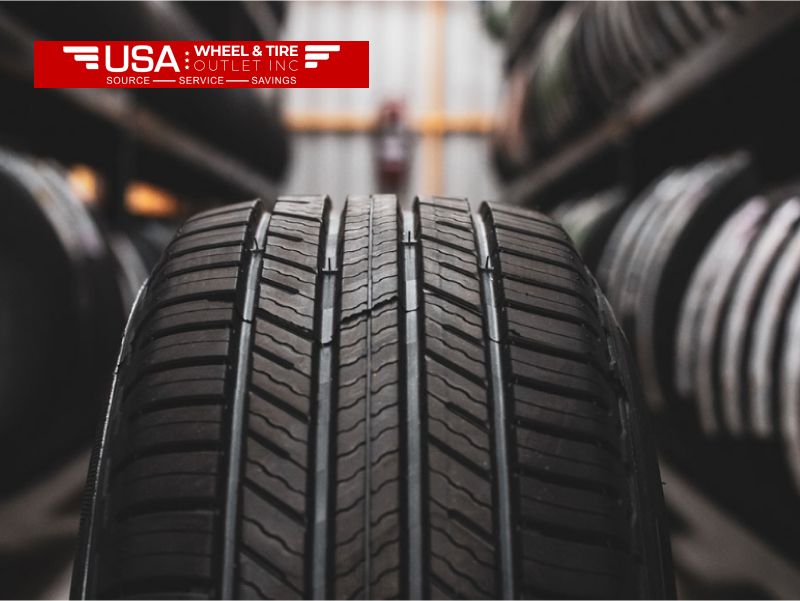
Width (205): Measurement of the tire in millimeters.
Aspect Ratio (75): Height of the tire as percentage of its width.
Diameter (15): Size of the diameter of the wheel this tire will be mounting to is in inches
How To Choose Tire Size
The manufacturer’s advice is paramount Always check out recommended size of tire in the manual of a trailer.
Consider your towing needs: A smaller tire is typically best for short-range, in-town. Bigger tires are better suited for highway or long-range towing.
Verify the load capacity of your trailer Make sure your tire selection meets or exceeds the load capacity of your trailer to ensure safe and reliable towing.
Trailer Wheel Performance: How to Enhance It
Well-maintained and selected trailer wheels will upgrade smoother rides, better fuel efficiencies, and safer towing for the right maintenance.
Here’s how you can increase the performance of your wheels:
In Acccordence with USA Wheel & Tires,
Maintain proper tire pressure: Inflated tires that are not properly inflated improve wear and friction whereas the tires that are overinflated decrease stability.Always ensure the tire pressures are correct before each journey and adjust them according to the weather and load.
Rotate Trailer Tires: Towing tires tend to wear in fairly strange patterns. Rotate your trailer tires every 3,000 to five miles to smooth out the tread wear and to extend the life of the tire.
Keep the wheels in alignment: The poorly aligned wheels cause uneven tire wear and drop the performance. Check alignment with an skillful after a rough terrain or the heaviest load.
Check for damages: Examine the tires and wheels for cuts, cracks or corrosion, particularly during extreme weather or long journeys.
Types of Trailer Wheels
The trailer wheels are available in a variety of kinds, each of which is designed to fulfill a specific purpose depending on the type of load and towing requirements:
1. Bias-Ply Trailer Wheels
They have a more rigid sidewall, which makes the wheels appropriate for off-road or rough terrains. Though they wear faster on paving because of the way they’re designed, they’re a great option for bias-ply wheels in short-haul towing and utility trailers.
2. Radial Trailer Wheels
Radial wheels are designed to be endurance and long-distance transport. They are constructed to give a better fuel rate and an easier ride over roads, ideal for traveling trailers or boats used for long distance trips.
Maintenance of Your Trailer Wheels for Years to Come
Regular maintenance will ensure your trailer’s tires last for decades. What you must do is:
Clean Your Wheels Often Moisture: along with the dirt, tends to cause corrosion and rusting.Cleaning your wheels regularly especially if they’re aluminum, can prevent corrosion.
To tighten the wheel nuts: Because of the vibrations from travel wheel nuts could become loose as time passes. It is important to tighten them regularly to ensure an ideal fit.
Check the condition of hubs: and bearings Bearings are vital to the wheel’s movement and must be greased in order to avoid excessive heat and wear. Check them out by an well-qualified each year.
Conclusion
Choosing the correct wheel for your vehicle, knowing the requirements, and maintaining them regularly can make a huge improvement in safety and performance. If you follow this thorough guide, you’ll have the knowledge to pick your excellent tires for the trailer you’re using, which will ensure more comfortable towing and extending the life of your tires and wheels.
Read Also: How to Get Tires Online with Free Shipping: The Ultimate Guide
Trailer Wheel FAQs
1. What is what is the excellent tire-pressure for trailer wheels?
The recommended pressure for the majority of trailer tires is between 50 and 65 psi. Always verify the tire’s sidewall for the specifications provided by the manufacturer.
2. How do I change my trailer’s tires?
Change the tires on your trailer every 3,000 to 5,000 miles to assure an even wear, particularly in the case of frequent transport of massive loads.
3. Can I use normal car wheels on the trailer?
Car wheels do not have the particular design for the trailer load. Wheels for trailers have stronger sidewalls for heavy loads.
4. Do I require special wheels for the trailer for my boat?
Yes aluminum wheels are great for boat trailers because of their resistance to corrosion, particularly in saltwater environments.
5. How frequently should I check the bearings on my trailer’s wheel?
Wheel bearings on trailer wheels must be inspected and lubricated every year or at the time of any long distance towing, to prevent damage.

